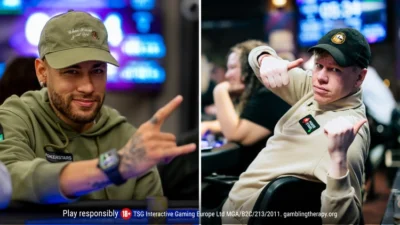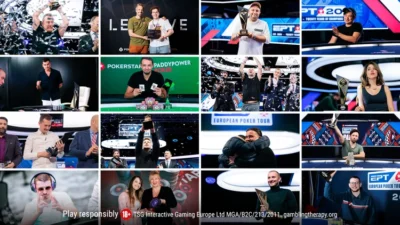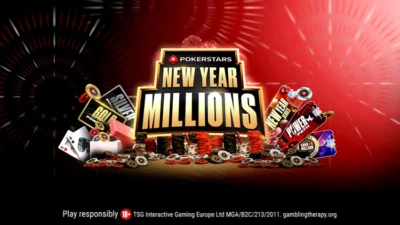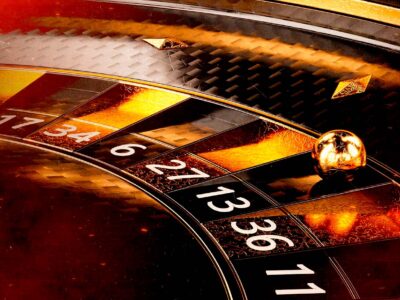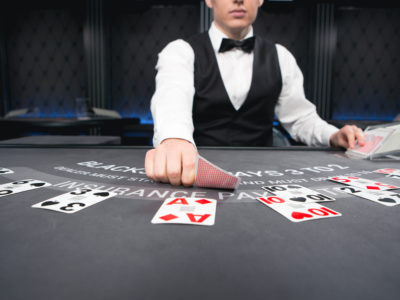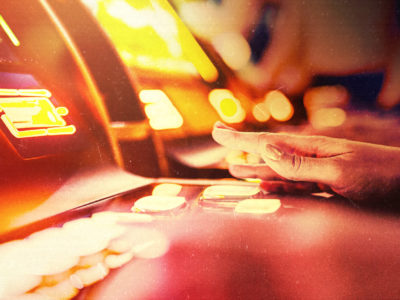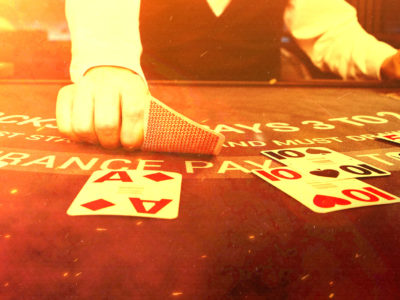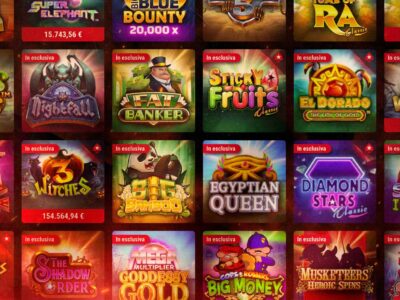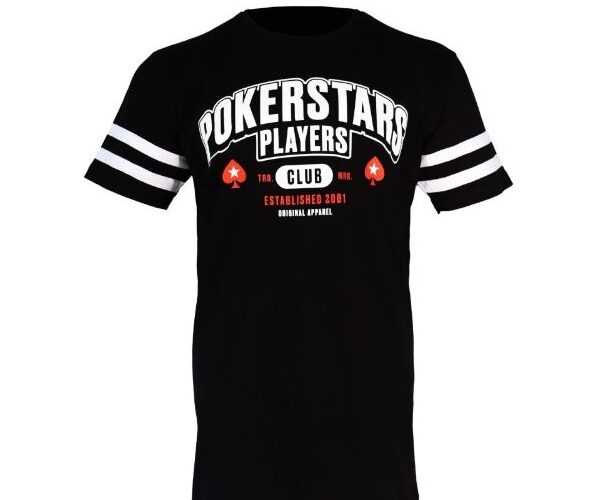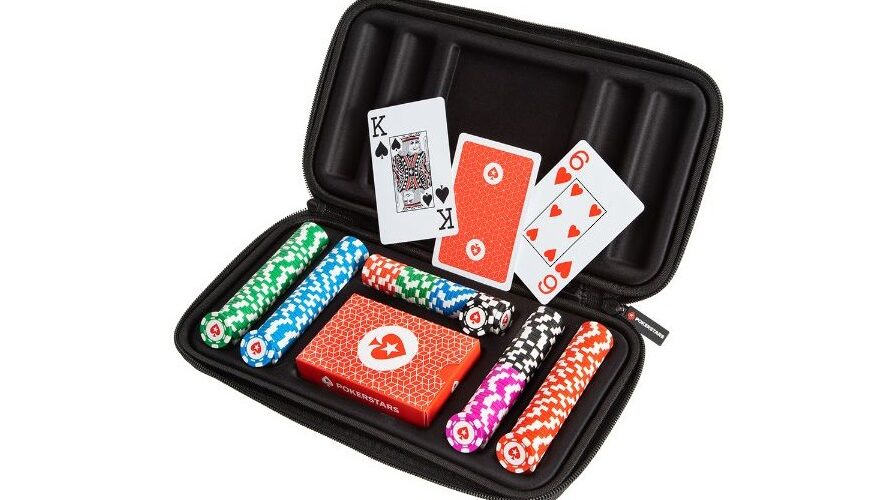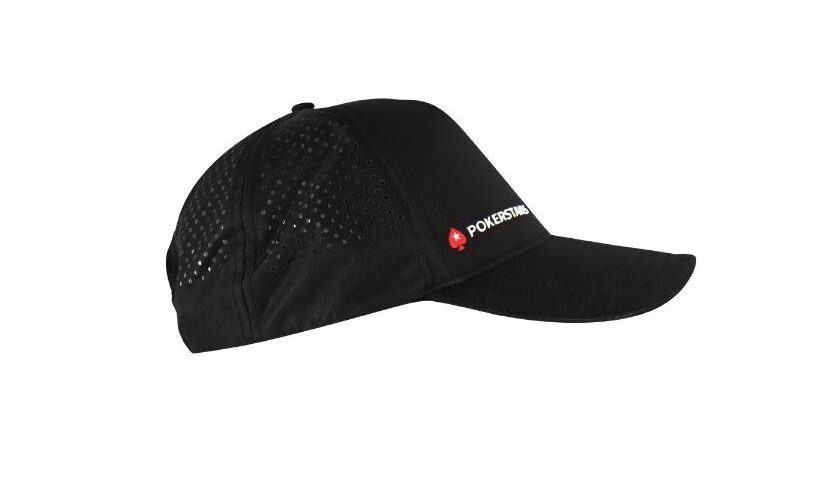The €10,000 high roller tournament resumed at 1pm today, and even though there had been an adjournment of 13 hours since they bagged up last night, it didn’t feel as though all slates had been wiped clean. Many thoughts still lingered on yesterday’s closing stages, specifically the last hand of the night when Martin Kabrhel and Max Lykov became entangled in a fascinating coup.
Context is everything, and it is worth setting the scene at length. It is also worth noting early that evidence of many of the key claims is non-existent. The hand did not go to showdown and even though both players told one another what they supposedly had, we are talking about top-level poker players here. There’s absolutely no reason we should believe either of them, let alone both.
Still, here’s what happened, and you can make your own mind up. They have each added further interpretations of the hand this morning, and each is at least sticking to the yarn they span last night.
It was close to midnight and seven players remained, from a starting field of 107 (plus 33 re-entries). They were already deep into the money, with the winner set for a €429,000 pay day.
After Scott Seiver had bust in eighth, they had decided to play until the end of level 20 and then call it a night. This was the very last hand — tournament officials were lurking with bags; reporters were hovering to get end-of-day chip counts — and Kabrhel and Lykov were the two tournament big stacks, each with more than one million chips.
It was folded to Lykov in the hijack and he raised to 40,000 — a min-raise. Kabrhel was the only caller in the big blind, and it was innocuous enough when they both checked the 7♠ A♠ 8♥ flop.
The 3♣ turned and Kabrhel led 61,000. After a moment’s hesitation, Lykov called. All the other players now became a little agitated. “Do we need to wait for this?” asked James Mitchell, and was given a bag on which to write his end-of-day details, but told to stand away from the table of play in order to do so, lest the active players be distracted.
To be honest, they seemed focused on only one thing — each other — and so Messrs Mitchell, Benger, Lim, Ktorza and Joukimainen were able to count up and bag up as the river was dealt. It was the Q♦ .
Kabrhel now took his time before carefully counting out 138,000 in chips. He then balanced this on top of two full towers of blue chips, and slid the whole delicate structure over the line, representing 338,000. That was more than a pot-sized bet and Lykov could not disguise his disgust: “That’s so stupid,” he said. “Why are you bluffing on the last hand of the day?”
Kabrhel sat motionless and silent. The clock had now expired and we were officially ready to go home. If Lykov called and was right, he would put himself into a commanding chip lead. If he called and was wrong, Kabrhel would take charge. If Lykov folded — the option he eventually took, after about three of four minutes of anguished consideration — they would end the night with very similar stacks and it would be all to play for the next day.
So Lykov did let it go, but that was only the start of the conversation. “King high,” Lykov said, declaring that he was on the verge of calling despite having no pair.
“You never call with king high,” Kabrhel said.
Lykov suggested again that he really was very close to calling with precisely that hand, and the chatter continued as they began to bag up.
“Good fold,” Kabrhel said. “Ten-nine,” he added.
“Ten-nine? That’s nothing,” Lykov said.
“I know. I mean good fold for me,” Kabrhel said.
They put their chips in their bags — Lykov signing for 1,683,000, Kabrhel only a pip behind with 1,643,000 — and went away for the night. When they came back today, PokerStars Blog asked each of them what they were thinking during that hand, and neither needed reminding of any of the details.
Lykov: “It was a really big bet on the river after he just called me from the blinds. It’s the last hand of the day and he’s a crazy Czech guy. I was very close to calling with just king high because the structure of the board had a lot of missed draws. I was very close. That’s why I thought so long. I really thought I could be ahead. I think I will three-bet him more now.”
Kabrhel: “I thought it was the right play. Every time, this question is so easy: I thought it was the correct play. Of course it made some difference (that it was the last hand of the day) and I used the information in my favour. It is very difficult for him to call with almost anything. Obviously after the action — it was checked and so on — he obviously didn’t have a super-strong hand, so I really wanted to be sure that he would fold all the possible bluff catchers and so on. I was like ninety-something percent certain that he would fold. I flopped an open-ender and I bet the turn as well.”
With those two so well stacked, and with this history between them, the scene is set for a real humdinger among the final seven. The two big stacks could cannibalise each other, allowing Griffin Benger, for instance, to profit. For what it’s worth, I’m inclined to believe that both players had precisely what they claimed, but only they will ever know for sure.
Keep up with all the live action in the panel on top of the EPT Berlin high roller page.
Back to TopView Other Blogs




